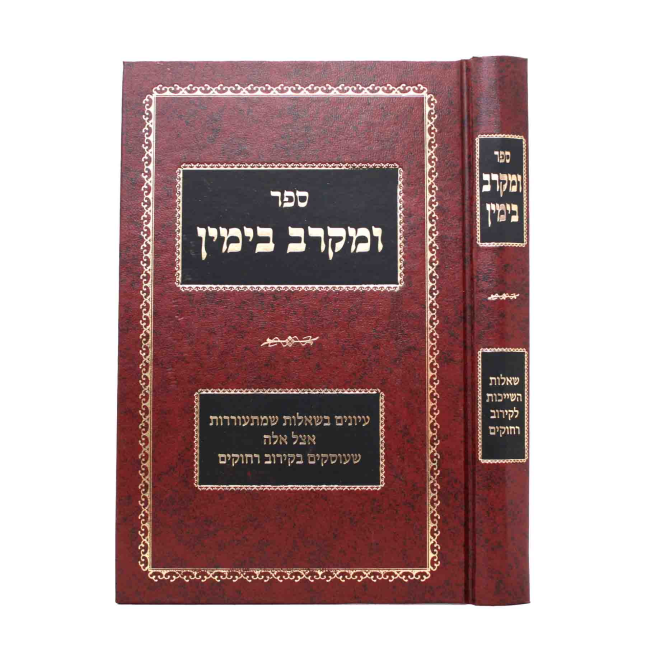- Upon moving out of a rental home, the renter may not remove his Mezuzahs from the doors. (Y.D. 291:2) The Gemara adds that doing so can r”l be dangerous to one’s families safety. This applies even if one plans to place the Mezuzos on the doors of his new home.
- The Chida writes that it is assur even if the landlord is willing to replace the mezuzos immediately. (291:5, see Beer Moshe 3:181 for a lenient view)
- Even if the house is to remain empty after he has moved out, it is still forbidden to remove the Mezuzos. (Sheilas Yaavatz 2:117)
- When the renter leaves his Mezuzahs on the doors of the rented home, if he is particular on their cost, the second person [the next renter who moves in, or from the owner, if he is moving in] must pay him for the Mezuzahs. (Rama 291:2) However, even if the person that moved in refuses to pay for them, the renter may nevertheless still not remove the Mezuzahs. (Aruch Hashulchan 3)
- Rav Henkin zt”l extends a heter. He rules that since one must remove the mezuzos before painting a room, if one knows that the house will be painted before the next tenant moves in, he may take them down before he leaves in anticipation of the painting. After the room is painted he need not replace them. (See Igros Moshe Y.D. 4:44)
- If the house is to be rented to gentiles or was rented from gentiles, he is obligated to remove the Mezuzos. It is forbidden to give or sell a Mezuzah to a gentile out of concern that it not be mistreated. (S.A. and Rama 291:2)
- If the landlord is a gentile, and one does not know if the next tenant is Jewish, he should take down the mezuzos and not leave them in the possession of a non-Jew. If the next tenant will be a Jew, however, he has not yet signed a lease agreement, the Mezuzah should be removed. If the next tenant signed a lease agreement it is unclear whether the mezuzos may be removed and a rabbi should be consulted. (Refer to Sefer Zichron Shoshana on Mezuzah page 165)
- If the landlord is an Observant Jew and one is unsure if the next tenant will be a Jew or a gentile, one should tell the landlord to take charge of the Mezuzos and remove the Mezuzos if the next tenant is a gentile. This is preferable to removing the Mezuzos when one is unsure whether the next tenant will be Jewish.
- Rav Ovadia Yosef zt”l (Halichos Olam vol. 7) writes that if those Mezuzos are very expensive and one doesn’t want to leave them there. He may take them down on 2 conditions: A) He must replace them with kosher Mezuzos, albeit less expensive ones. B) He should take down the expensive Mezuzos for the purpose of getting them checked by a sofer. After they are checked he may place them on his new home.
